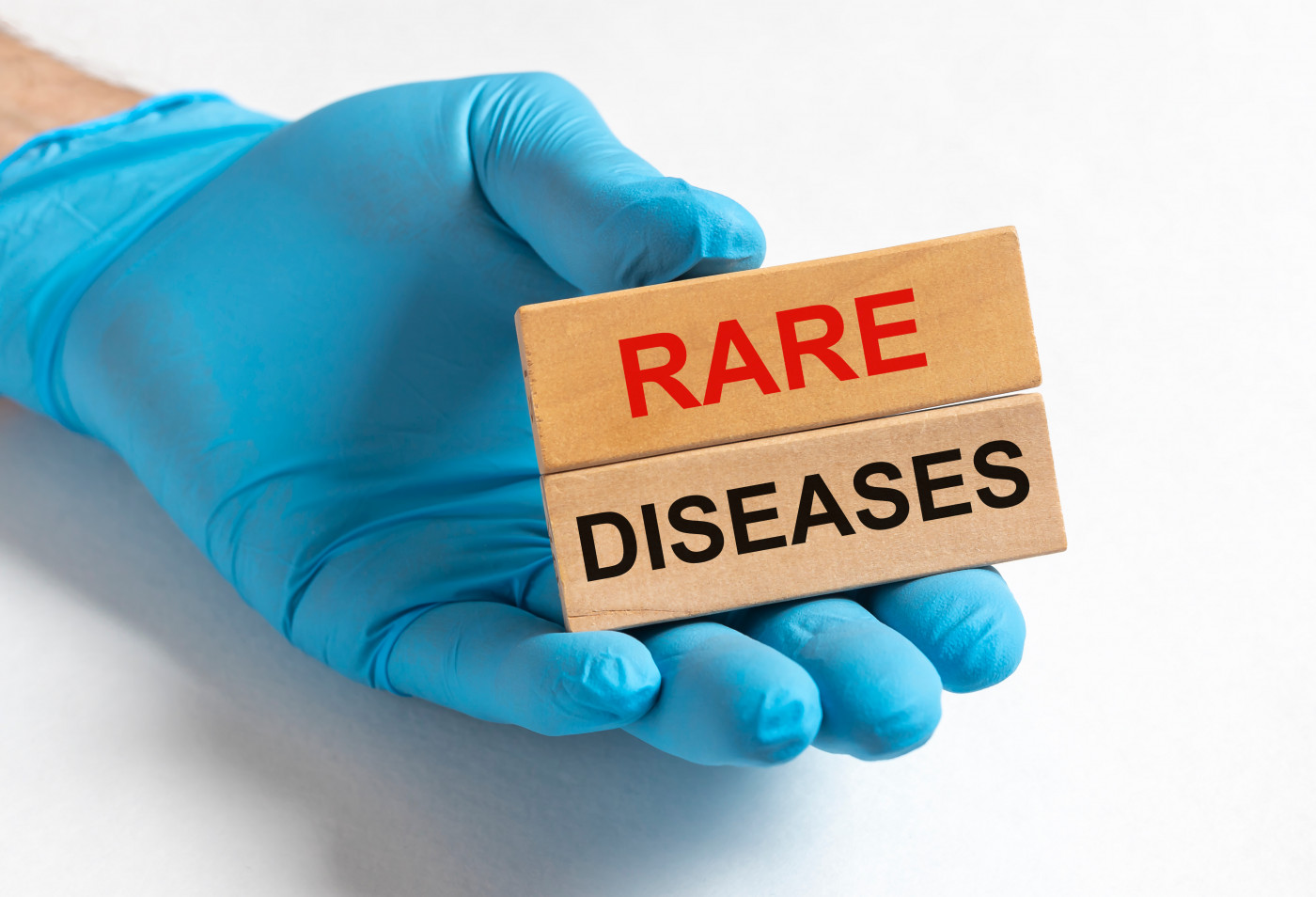US Angelman Nonprofits Create Working Group for Legislative Advocacy

Two U.S.-based Angelman syndrome (AS) nonprofits have created a working group that aims to further awareness and treatment of the rare genetic disorder through legislative advocacy.
The Foundation for Angelman Syndrome Therapeutics, known as FAST, and the Angelman Syndrome Foundation, called ASF, have formed a legislative group to advocate for three key rare disease initiatives.
Two of those initiatives are legislation now before the U.S. Congress in Washington, D.C.: the Speeding Therapy Access Today (STAT) Act (H.R. 1730/S.B. 670) and the Newborn Screening Saves Lives Reauthorization Act of 2021 (H.R. 482).
ASF and FAST said they are continuing to work with the Everylife Foundation for Rare Diseases on those initiatives and to support the Rare Disease Congressional Caucus, a bipartisan group trying to promote awareness of rare disorders like Angelman, which causes physical and intellectual disabilities.
In addition, the foundations are seeking to further advance Angelman awareness and treatment through education, research, and patient support.
“FAST is pleased to partner with the Angelman Syndrome Foundation to further governmental outreach,” Lauren Hoffer, the director of FAST’s board, in a press release.
“Together, we will drive policies that fund Angelman syndrome medical treatments and research [while] improving the lives of our loved ones. FAST and ASF are stronger together,” Hoffer said.
Introduced last month, the bipartisan STAT Act, which was formed with input from the rare disease community, seeks to ramp up treatment development and heighten access to such therapies. Roughly 93% of the approximately 7,000 known rare diseases have no federally approved treatment, according to Everylife.
In addition, the legislation would establish a U.S. Food and Drug Administration (FDA) Center of Excellence for Rare Diseases that would address challenges and provide solutions across these patient communities. It also would create a Rare Disease and Condition Drug Advisory Committee that would inform federal rare-disease policies and actions.
The Newborn Screening Saves Lives Reauthorization Act, meanwhile, continues federal programs that assist states. The legislation, introduced in January, aims to improve and enhance newborn screening efforts, support parent and provider education, and ensure lab quality and surveillance in such screening. The goal of newborn screening is to detect potentially serious but treatable conditions in newborns as early as possible, often before disease signs or symptoms appear. That allows for earlier treatment of rare and other diseases.
The Rare Disease Congressional Caucus was established in 2010 as a bipartisan platform for discussing key policy issues related to rare disorders and increasing legislative advocacy. It gives patients a say through quarterly briefings that address issues that affect the FDA, the National Institutes of Health, and legislation pertaining to the rare disease community.
“We are thrilled to collaborate with FAST to improve policies and systems that will positively affect the Angelman community,” said Amanda Moore, the ASF CEO.
“By working together on these vital issues, it will amplify our voices and make a lasting impact for current and future generations,” she said.
It’s estimated that Angelman syndrome affects between 1 in 12,000 and 1 in 20,000 individuals globally.






